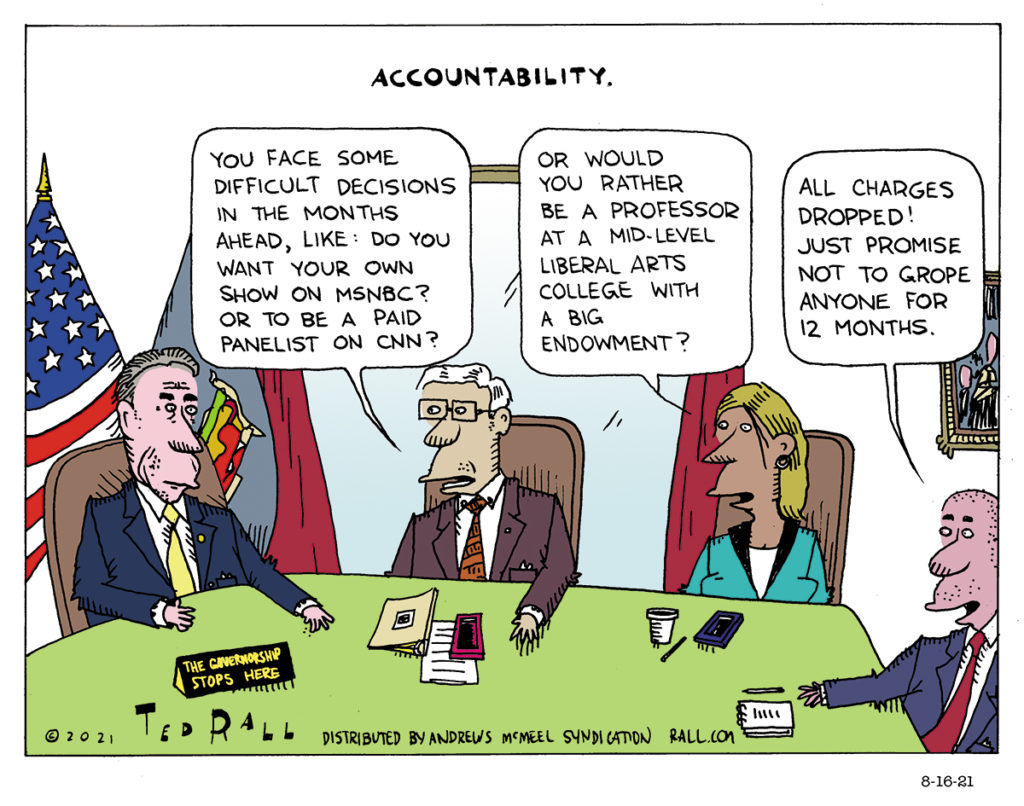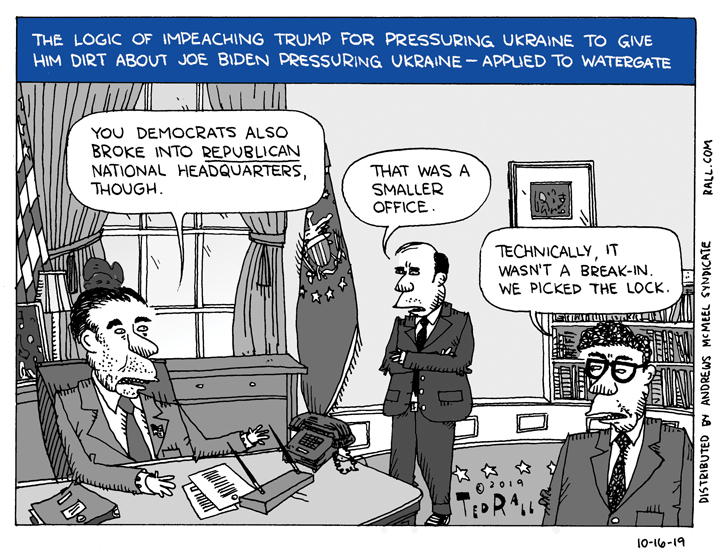Live at 12 noon Eastern/11 am Central time, and Streaming 24-7 Thereafter:
Now that Biden is out, Democrats who repeatedly dismissed claims of his dementia are shifting their stance, prompted by mounting evidence and political fallout. CNN’s Jake Tapper and Axios’ Alex Thompson’s upcoming book, “Original Sin: President Biden’s Decline, Its Cover-up, and His Disastrous Choice to Run Again,” set for release on May 20, exposes a alleged “cover-up” of Biden’s “serious decline,” based on over 200 interviews with insiders. The book highlights how Biden’s team concealed his diminishing faculties, a narrative Democrats now grapple with post-2024 election loss.
Top figures like Nancy Pelosi and Chuck Schumer, once silent or defensive, are implicated as likely aware of the truth, per sources like the Wall Street Journal. Even Barack Obama is suggested to have suspected Biden’s condition, yet the party maintained a united front. Tapper, previously downplaying concerns, now frames Biden’s re-election bid as “narcissistic” and “reckless,” signaling a broader Democratic reckoning as they distance themselves from the cover-up narrative they once rejected. This shift reflects both self-preservation and acknowledgment of a deception that cost them politically.






